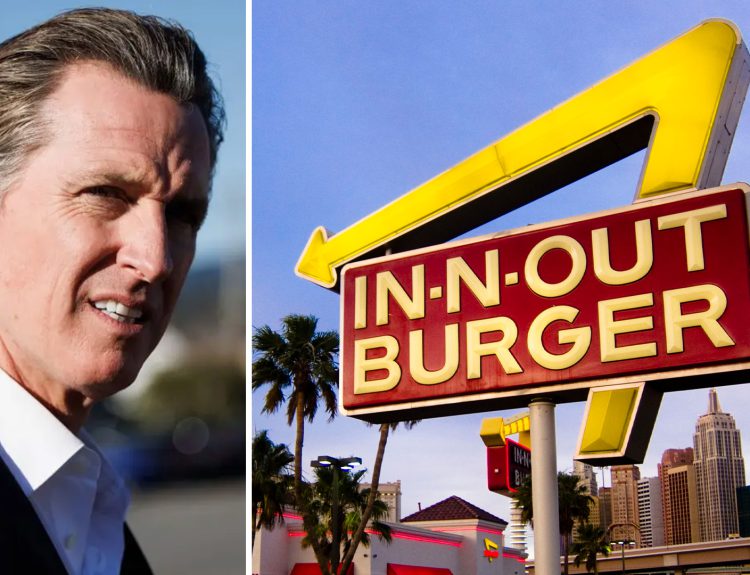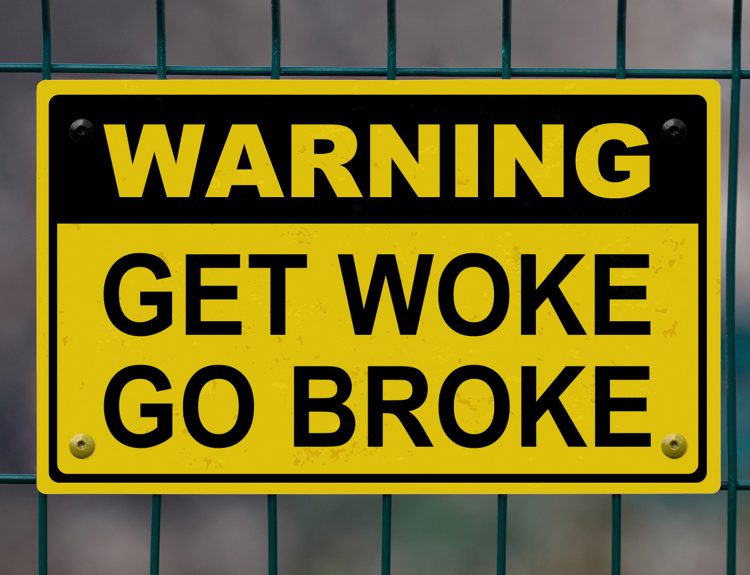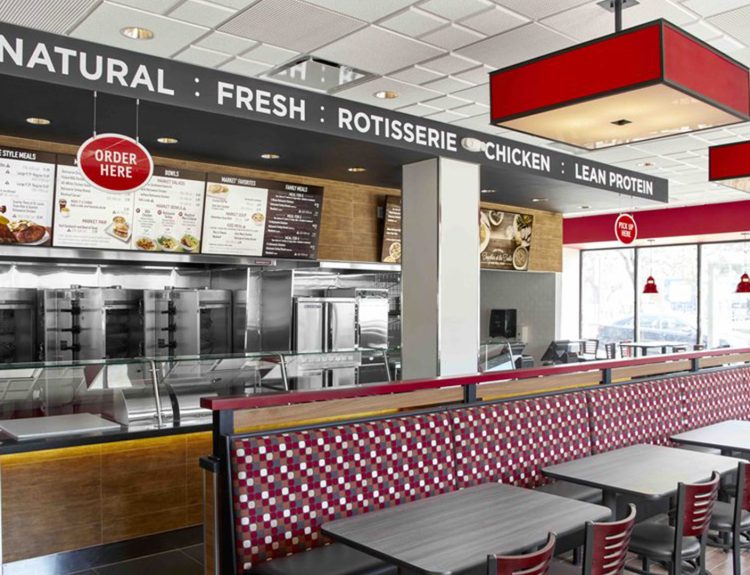Foster’s Freeze in California had to let go of its employees due to the minimum wage increase implemented by Newsom on April 1st. The assistant manager revealed that the owner was unable to afford the increased wages. Earlier reports suggested that numerous California restaurants had already started layoffs in anticipation of the wage increase.
California’s New Legislation Increases The Minimum Wage
The recent law in California, which has set the minimum wage at a remarkable $20 per hour, has sparked concerns. Critics argue that there’s a high potential for severe repercussions. They believe that such a significant increase in the minimum wage could lead to a series of negative economic effects.
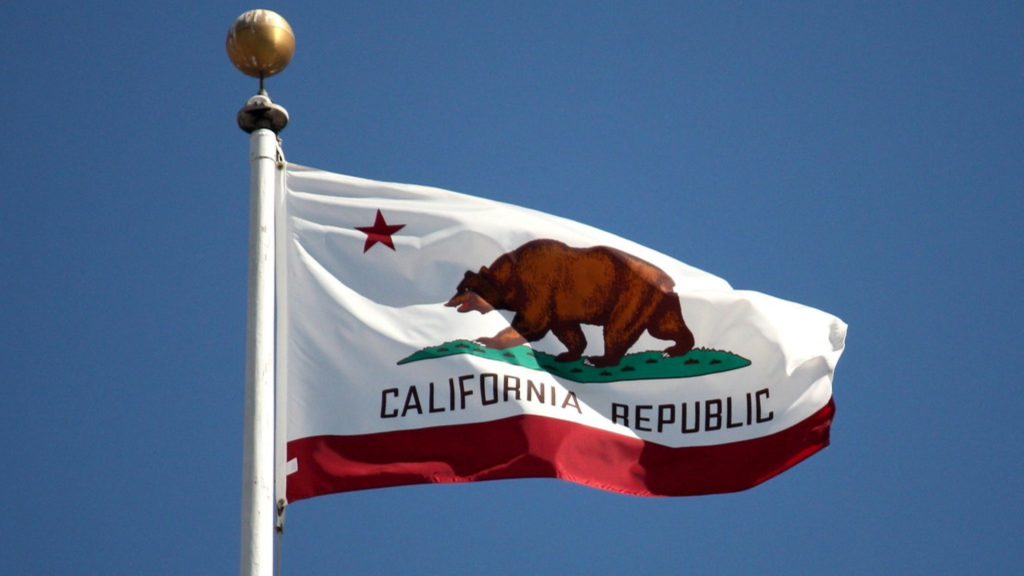
These include potential job losses as businesses struggle to afford the higher wages, increased prices for consumers as businesses pass on the costs, and a possible rise in automation
The Restaurant Industry Is The Most Impacted Sector
The implications of a minimum wage hike are a topic of ongoing debate among economists. However, it’s widely acknowledged that the restaurant industry is often the most impacted. This is primarily due to the nature of the industry and its financial structure.

As of February, California has the highest unemployment rate in the United States, currently standing at 5.3%. Critics of the minimum wage increase argue that this is evidence of the policy’s negative impact on employment. They suggest that the higher labor costs have led to job losses, particularly in sectors like the restaurant industry that rely heavily on minimum wage workers.
The Impact on Low-Wage Workers Was Unintended
Although the legislation was intended to benefit lower-income workers, it has ironically led to job losses, reduced hours, increased automation, and higher menu prices.
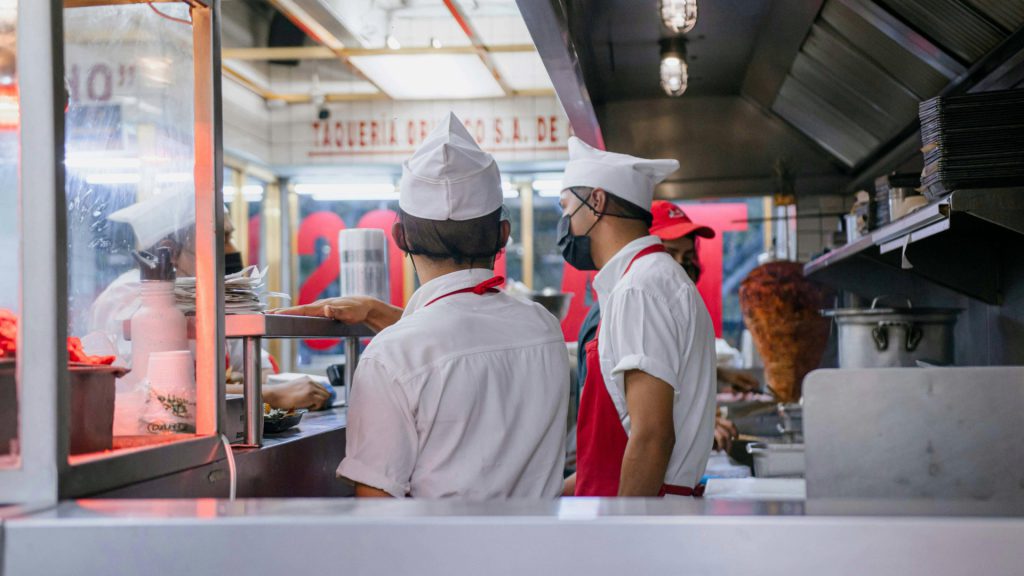
These unintended consequences highlight the complexity of wage legislation and the need for careful consideration of all potential impacts.
An Increase In Minimum Wage Will Lead Job Losses
The impact of the minimum wage increase on job losses has been significant, particularly in the fast-food industry. Several businesses in this sector have preemptively laid off employees even before the law came into effect.

This preemptive action suggests a level of anticipation and preparation by businesses for the financial strain that the wage increase would impose.
Federal Minimum Wage Increase
The Congressional Budget Office (CBO), a nonpartisan agency, conducted a study in December to assess the potential impacts of such an increase. According to the CBO’s study, raising the federal minimum wage from the current $7.25 per hour to $17 per hour by July 2029 could have significant effects on both wages and employment.

However, the study also highlighted potential negative impacts. It estimated that about 700,000 workers could lose their jobs as a result of the wage increase. This is because higher labor costs might lead some businesses to cut back on hiring or to reduce hours for existing employees. In some cases, businesses might turn to automation to replace low-wage workers.
Employers Will Carry More Costs Leading To Alternatives
The recent increase in minimum wages has a direct impact on employers, particularly those in industries that rely heavily on low-wage workers. The Congressional Budget Office (CBO) has highlighted several potential consequences of this policy. Some employers might turn to technology as a solution.

Automation and artificial intelligence can perform some tasks previously done by low-wage workers. While this can help businesses manage costs, it could also lead to job losses in certain sectors, creating a new set of social and economic challenges.
The Unforeseen Consequences Of The Legislation
The increase in the minimum wage means that restaurants now have to pay their staff more, which could strain their budgets. This could lead to operational difficulties, especially for smaller establishments or those already struggling due to other factors such as the pandemic or increased competition.
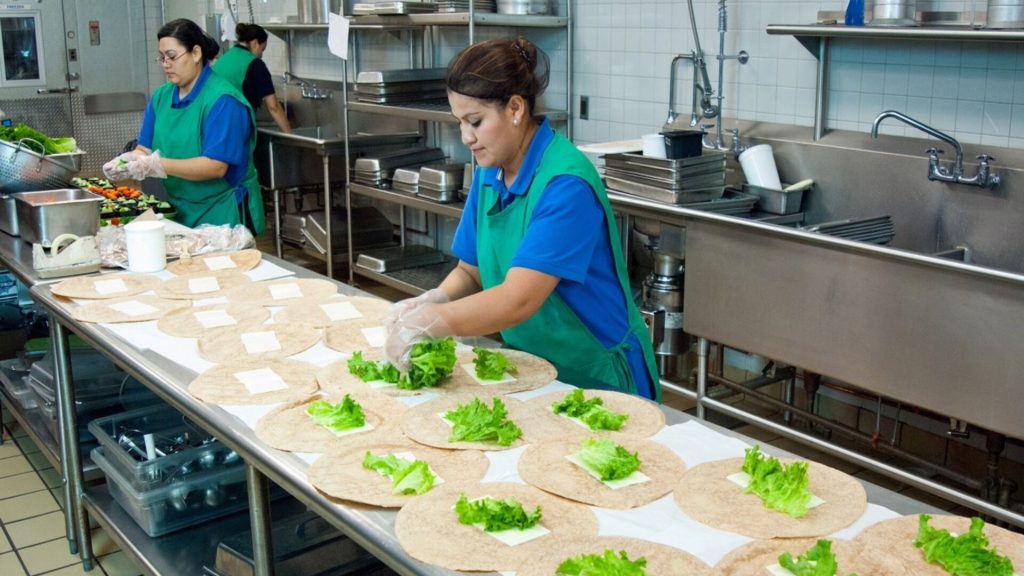
With increased labor costs, restaurants might be forced to operate with fewer employees to balance their budgets. This could mean fewer job opportunities in the industry, contrary to the policy’s original intention of improving workers’ livelihoods.
Fast-Food Industry Employment Continues To Decline
The fast-food industry, characterized by quick service restaurants, is one of the sectors most affected by the recent wage increase in California. According to The Journal, there were 726,600 people employed in this industry in January, a 1.3% decrease from the previous September when the state endorsed a deal for increased wages.
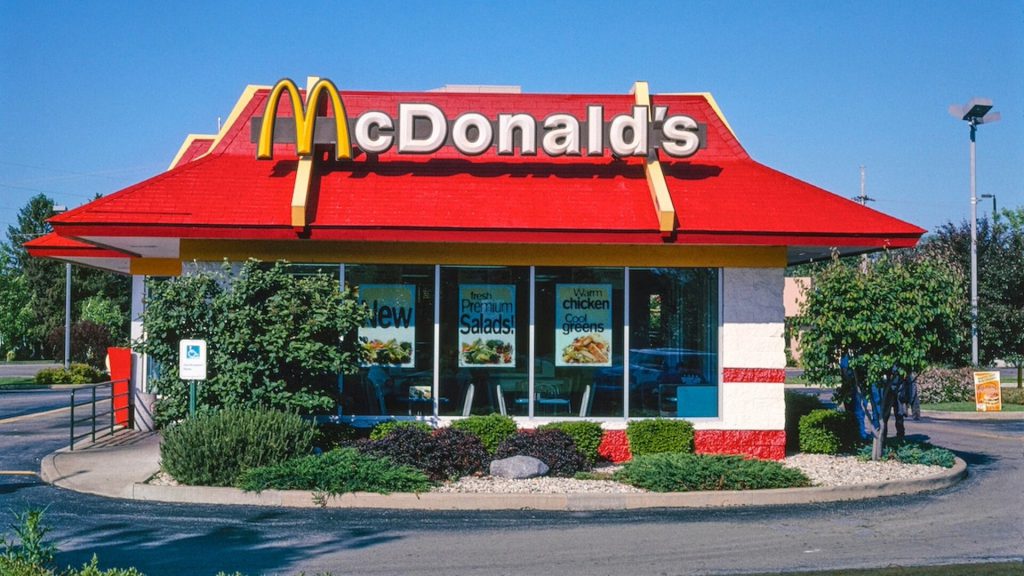
This decline in employment suggests that the wage increase may have had an immediate impact on job numbers in the fast-food industry. The 1.3% drop translates to thousands of jobs, which could mean that many workers in this sector found themselves unemployed as a result of the policy change. This is a significant concern, given that the fast-food industry is a major employer, particularly for younger and less-skilled workers.
Restaurant Owners Seek Alternatives To Rising Wages
“Many California restaurant owners are exploring other ways to offset the cost, such as reducing hours, closing during slower times of the day, or serving menu items that take less time to prepare.
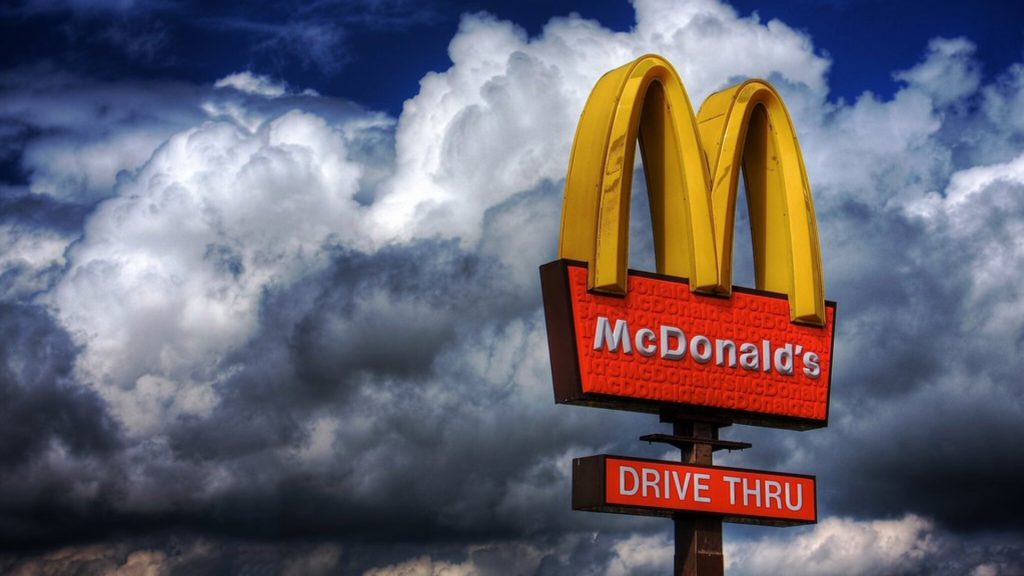
‘I can’t charge $20 for Happy Meals. I’m leaving no stones unturned,’ said McDonald’s owner Scott Roderick.”
Pizza Hut Has Laid Off Staff
Major Pizza Hut franchisees have already laid off 1,200 delivery drivers, while smaller businesses like Vitality Bowls have halved their staff.

Restaurants like Jack in the Box are investigating automation initiatives, such as fryer robots and automated drink dispensers, in anticipation of further job cuts. Consequently, employee hours are being reduced, and prices continue to rise.
Small Business Will Have No Alternative Than To Close
Businesses have had to permanently close their doors. These are typically smaller establishments that were already struggling to stay afloat and for whom the increased labor costs were the final straw.

The closure of these businesses has not only resulted in job losses but also reduced the diversity and vibrancy of local economies. For instance, Foster’s Freeze employees saw their wages drop from $16 an hour to zero, highlighting the unforeseen consequences of the wage hike.
Burger King Increases Prices In Response To The Law
According to a report from The New York Post, Burger King prices in the Los Angeles area have significantly increased following the new law.
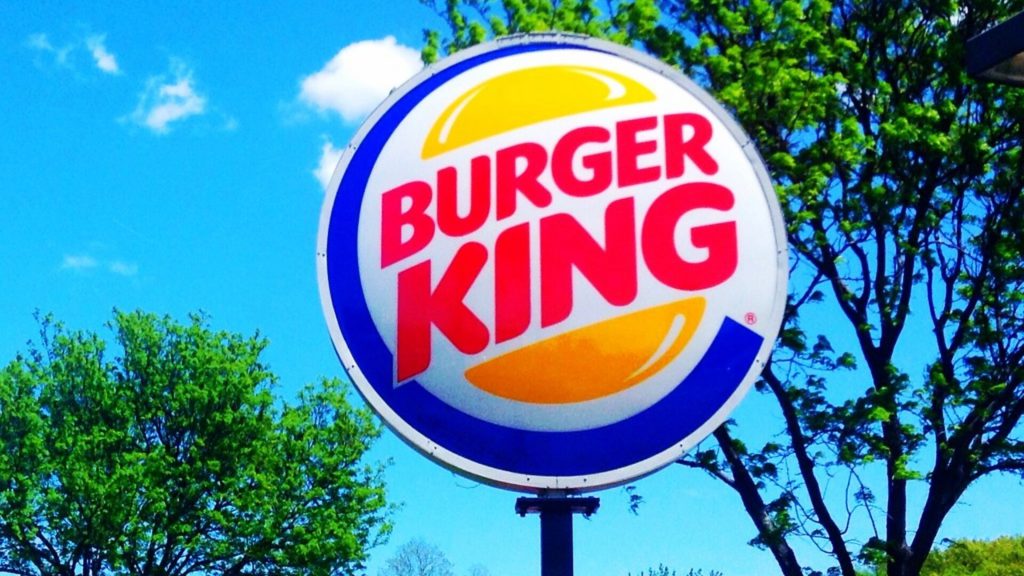
For instance, the price of a Texas Double Whopper rose from $15.09 on March 29 to $16.89 on April 1, nearly a $2 increase in just two days.
Price Increases On Menu Items
Other menu items have seen price increases ranging from 25 cents to a dollar.

The Democratic Party, which maintains control of California with supermajorities in the state assembly and faces minimal opposition, has the power to implement policies without public transparency or accountability.
California Is A Testing Ground For Democratic Experimentation
California, with its diverse economy and population, often serves as a testing ground for progressive policies, including those related to labor and wages. The state’s recent decision to increase the minimum wage to $20 per hour for certain fast-food workers, a significant 25% raise from the previous $16, is a prime example of this.
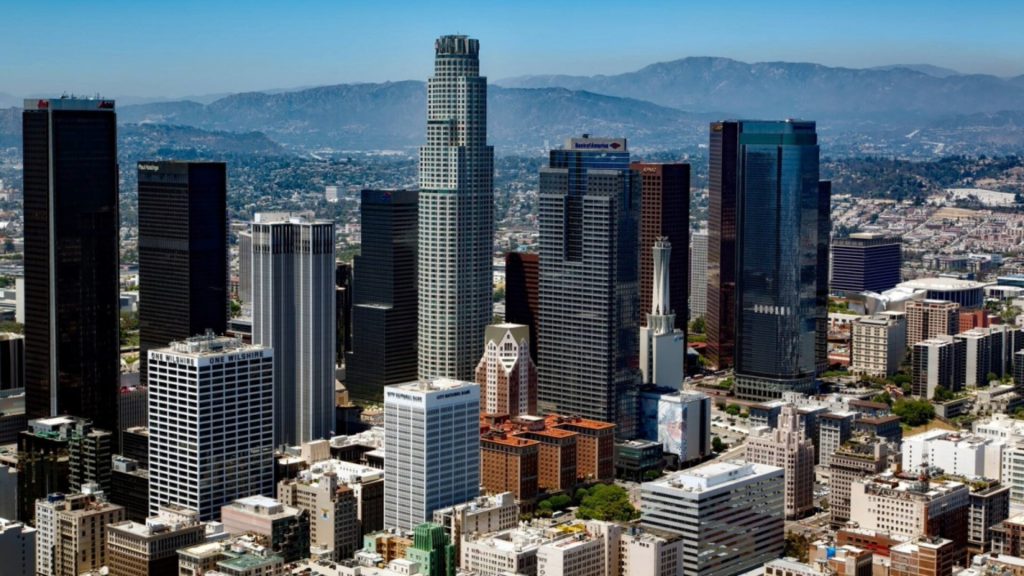
As one of the largest and most diverse states in the U.S., California often pioneers policies that are later adopted by other cities and states. In this case, cities like Baltimore, Selma, Detroit, and Oakland are closely watching the impact of California’s minimum wage hike. The outcomes in California could influence whether these cities choose to follow suit or adopt a different approach.
The Increase In Prices May Not Seem Significant At First
Many advocates are downplaying the price increases on social media, arguing that an increase of 25 cents to a dollar isn’t significant. They overlook the fact that these increases represent a substantial percentage of the item’s total price.

Moreover, these price adjustments occurred within just two days of the law’s implementation, leading some to believe that more price hikes are on the horizon.
Raising Cane’s Also Struggling With Higher Wages
In a recent CNBC interview, the CEO of Raising Cane’s, a fried chicken restaurant chain, discussed the implications of the new law on his business.
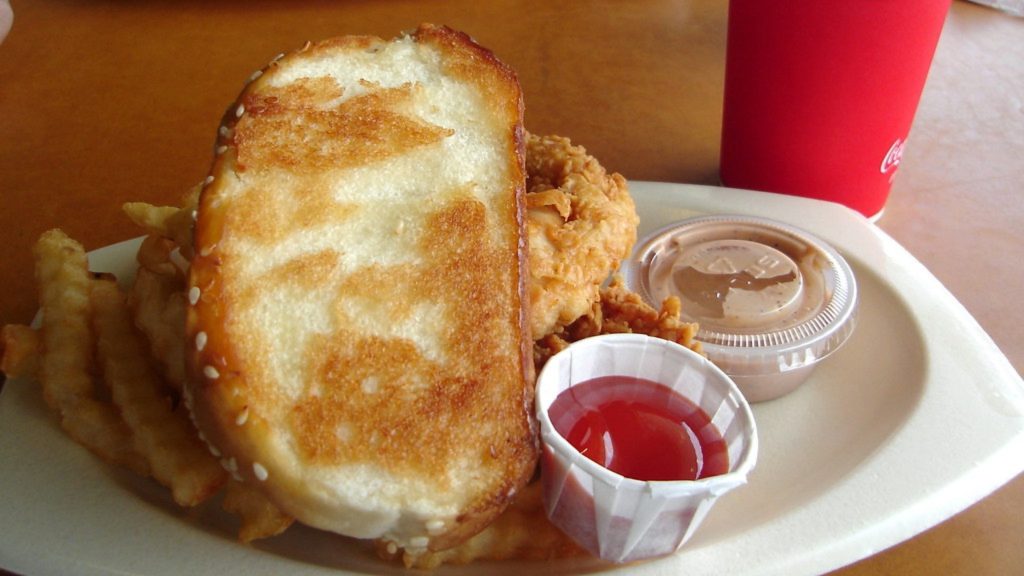
Interestingly, the CNBC anchor asked a question that seemed to ignore the potential negative impacts of the legislation, focusing instead on the notion that price increases could offset the benefits of higher wages for minimum wage workers.
The Policy Change Leads To An Increase In Job Cuts
The impact of this new law is evident in the growing number of employees being laid off as a result, with more layoffs expected. The reluctance to acknowledge this reality, even from prominent figures like the CEO of Raising Cane’s, reveals California’s economic predicament.
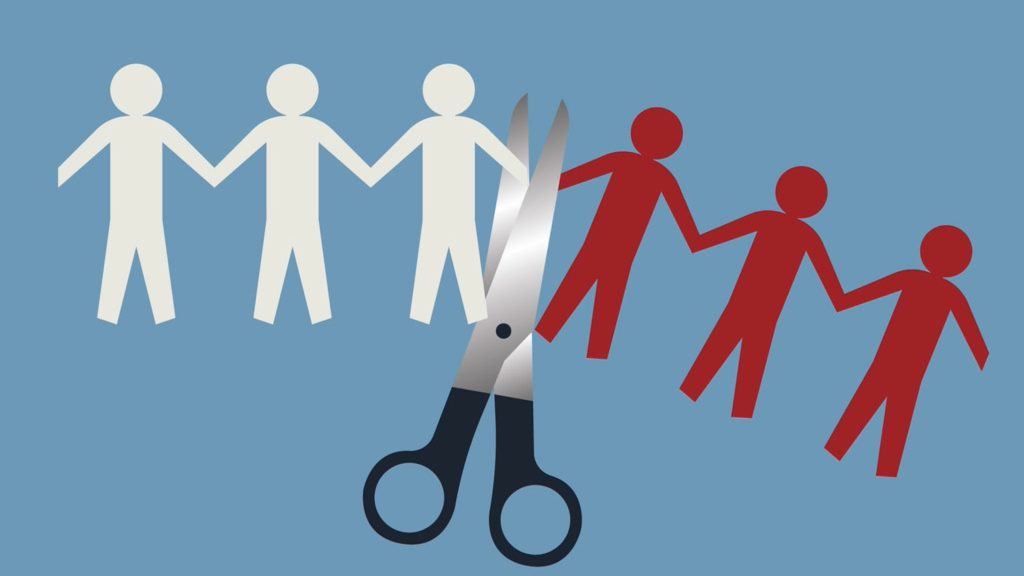
It appears that many people in the state either lack an understanding of basic economic principles or are hesitant to openly address them.
Increased Minimum Wage Will Have A Subdued Effect Due To Inflation
Increasing the minimum wage by 25% during a period of record-high inflation is undoubtedly imprudent.

This approach seems like a misguided attempt to circumvent the real challenges Californians are facing, but in reality, it’s only exacerbating the situation.
Wage Increase Seen As Solution For Existing Issues
The state of California, like many regions, has a range of pre-existing socio-economic issues that need to be addressed. These include income inequality, high cost of living, affordable housing shortage, and high levels of homelessness.
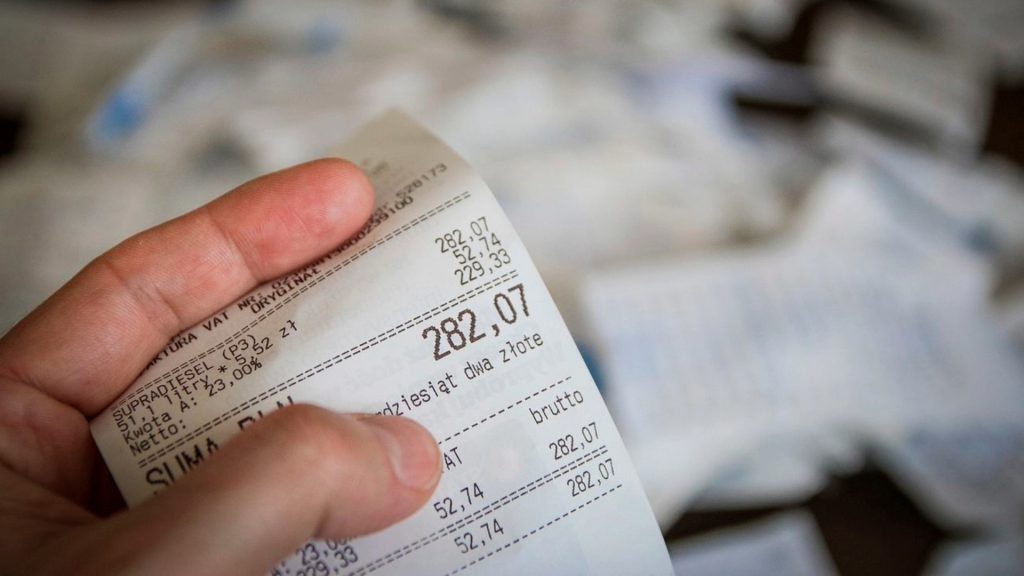
The minimum wage increase was intended as a solution to some of these problems, particularly income inequality and the high cost of living. The idea behind increasing the minimum wage is to provide low-income workers with a higher income, thereby reducing income inequality and helping them cope with the high cost of living.
Rep. Barbara Lee Criticises Her Opposition
California Rep. Barbara Lee said, “Just do the math. Do the math, says the woman who apparently can’t add two plus two. She wants to mandate six-figure incomes for the people who run the cash register at McDonald’s. You notice that she was asked about the economic sustainability of such a plan and did not pretend to even address that concern.

That’s because it is, of course, not sustainable at all. $20 an hour isn’t even sustainable. $20 an hour has already caused a bloodbath of layoffs and price hikes. $50 an hour would simply be the end of commerce in California, which means the end of California itself. So, on second thought, maybe her plan has some benefits.”




